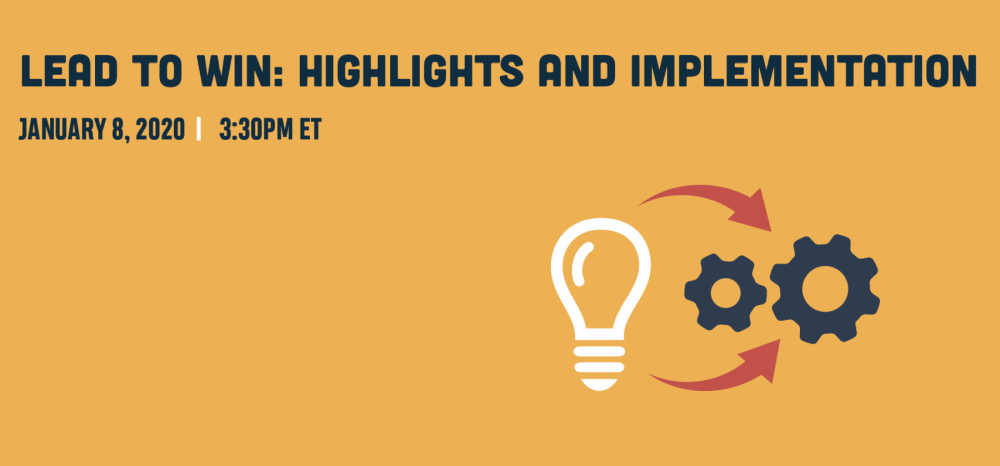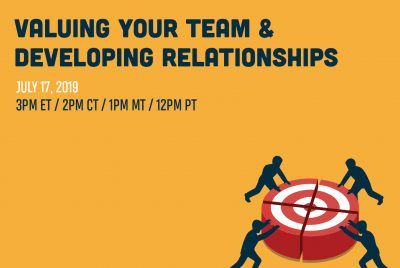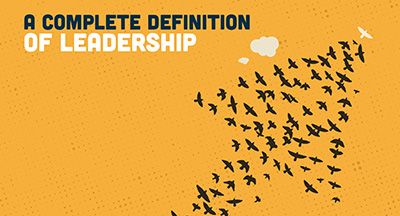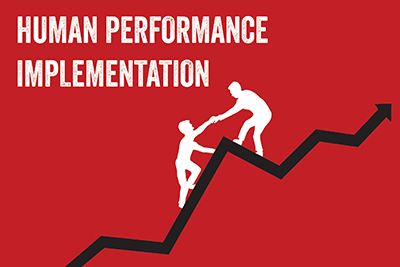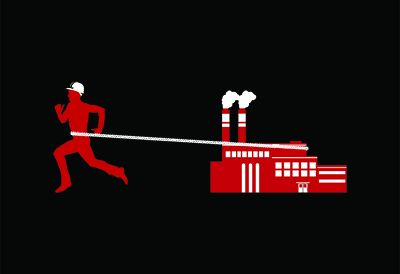Author: David McPeak
Frontline Fundamentals: Leadership Styles and the Art of Flexecution
Written by David McPeak on .
Frontline Fundamentals: Coaching and Feedback that Maximize Performance
Written by David McPeak on .
Frontline Fundamentals: Valuing Your Team and Developing Relationships
Written by David McPeak on .
Frontline Fundamentals: Stop Telling and Start Communicating
Written by David McPeak on .
Frontline Fundamentals: Developing a Complete Definition of Leadership
Written by David McPeak on .
Frontline Fundamentals: Human Performance Implementation
Written by David McPeak on .
Frontline Fundamentals: HP Principle Five: “Why” Works
Written by David McPeak on .
Frontline Fundamentals: HP Principle Four: People Influence Each Other
Written by David McPeak on .
Frontline Fundamentals: HP Principle Three: You Cannot Outperform Your Organization
Written by David McPeak on .
- 1
- 2
